
Raleigh Domestic Violence Lawyer
We handle criminal matters of all levels, from minor misdemeanors to serious felonies. For every client, we employ a results-oriented approach based on the facts and circumstance of the individual case.
Domestic Violence Attorney In Raleigh, NC
General Information about domestic violence charges in Raleigh, North Carolina
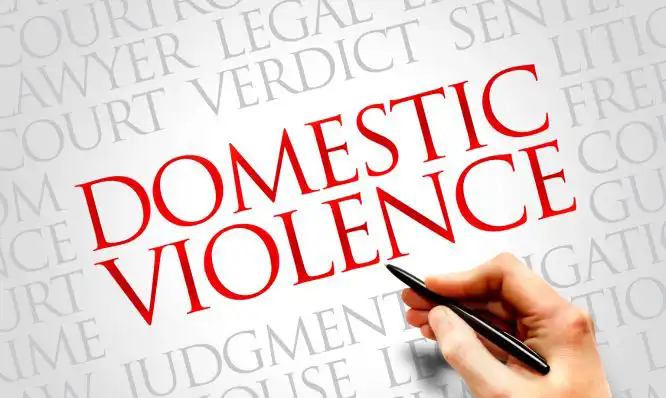
All allegations of criminal misconduct are serious matters, but those accusations involving domestic violence can be particularly concerning. While domestic violence convictions can result in immediate consequences like probation and jail time, these cases often also have significant collateral consequences for future educational and employment opportunities.
Prosecutors take these cases quite seriously, and anyone charged should do the same and immediately contact an experienced domestic violence attorney. The Law Office of Christopher R. Detwiler, PLLC, is committed to protecting the rights of people accused of domestic violence and resolving criminal cases as favorably as possible. If you have been charged with an act of domestic violence in Wake County, North Carolina, contact our office immediately to schedule a free initial consultation.
What qualifies as domestic violence in Wake County, North Carolina?
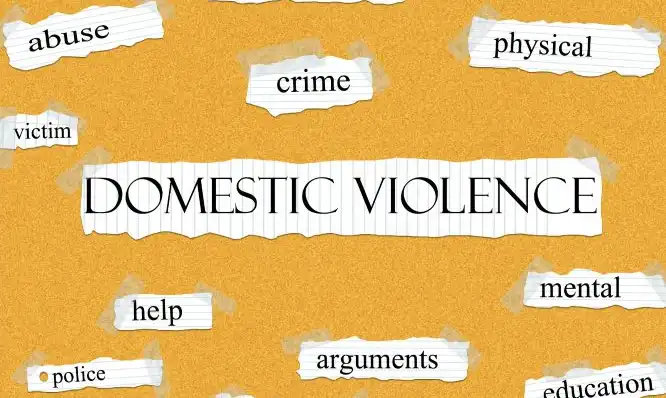
Law enforcement, prosecutors, and judges identify cases as domestic when there exists a certain type of relationship between the defendant and the alleged victim. The most common relationship that gives rise to a domestic violence case is a dating relationship, or a relationship where the Defendant and the alleged victim are involved romantically. This relationship can include people who are dating, people who are in long-term relationships, and people who are married. Courts will treat a case as domestic even if the defendant and the alleged victim are no longer in a romantic relationship.
Domestic violence cases also occur between family members. While prosecutors in Wake County, North Carolina typically view cases involving parents and children as domestic, other relationships often are not handled in domestic violence court. For example, cases between two siblings or between cousins frequently are addressed in regular district court, not domestic violence court.
Although courts use the term domestic violence, the allegation need not rise to the level of an assault. Some of the most common domestic violence cases do involve charges of simple assault or assault on a female, but other offenses still qualify as domestic violence cases.
The following nonviolent offenses regularly appear on domestic violence dockets:
Stalking
Cyberstalking
Communicating threats
Interfering with emergency communications
Domestic violence protective order violations
Injury to personal property
Injury to real property
False imprisonment
Trespassing
Kidnapping
Child abuse
While these offenses do not contain an element of assault, law enforcement, prosecutors, and judges still refer to these cases as acts of domestic violence.
Some of the common offenses that do contain an element of assault include the following:
Simple assault
Assault on a female
Assault with a deadly weapon
Assault inflicting serious injury
Assault by strangulation
Whether you are facing a domestic violence case that involves an element of assault or not, you should contact an experienced domestic violence defense attorney to help you navigate the complicated legal process. Call Chris. He can help.
What is a no-contact order in a domestic violence case?
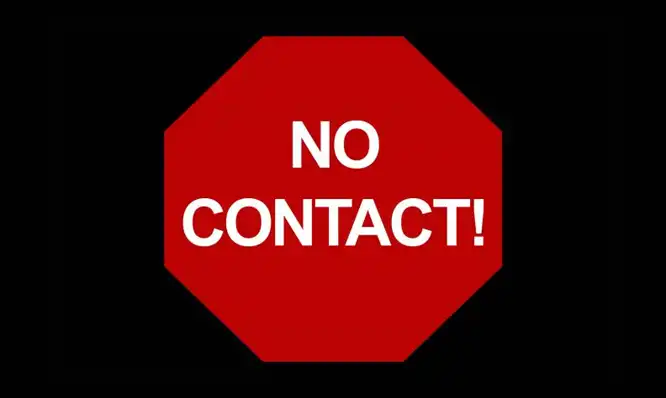
When a defendant is charged with a crime of domestic violence, the court almost always enters a no contact order, which prohibits the defendant from having any contact with the alleged victim. Courts view contact broadly to include any communication whatsoever, whether it is a phone call, text, email, letter, or even communication through a third party. The no contact order also usually prohibits the Defendant from returning to the alleged victim’s home, even in cases where the parties reside together. This issue can create significant hardship because now the Defendant must find a different place to live while the case is pending.
If a defendant violates the no contact order and the violation comes to the attention of the prosecutor handling the case, the court likely will issue an order for the defendant’s arrest. This order usually requires that the defendant be taken into custody and post a bond that is at least double the original bond set. For example, if when the defendant was charged, he posted a $2,000 secured bond, he now will have to post an additional $4,000 bond before release.
In some circumstances, with the consent of the alleged victim, the court will modify the no contact order to allow contact and to allow the defendant to return to the shared residence. The modification will still include a provision that the defendant does not harass, assault, or threaten the alleged victim. Please contact our office if you are struggling with the effects of a no contact order in Wake County courts.
What is a 48-hour hold in a domestic violence case?
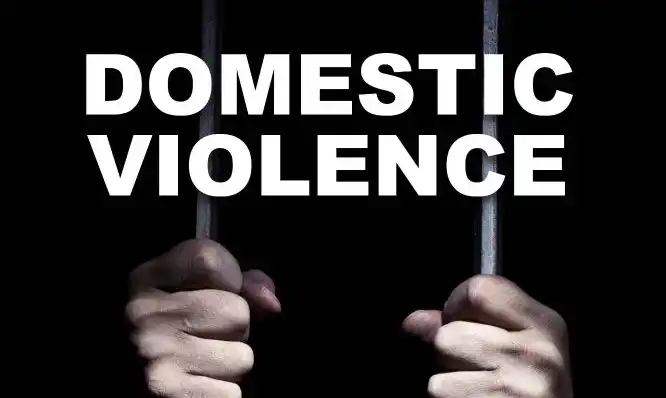
A 48-hour hold is the maximum amount of time that a court can hold a domestic violence defendant in custody before his or her first appearance in front of a district court judge. When a defendant is charged with an act of domestic violence and taken into custody, he will initially appear before a magistrate. The defendant, however, cannot bond out until he has a first appearance in front of a district court judge. If the defendant does not appear before a district court judge within 48 hours, then the magistrate can set conditions of release and the defendant can bond out.
The 48-hour hold applies in cases where the Defendant is charged with a violation of a domestic violence protective order or with an offense of domestic criminal trespass. It also applies in cases where the defendant is charged with a certain type of offense and where the alleged victim and the defendant have a certain relationship.
The following relationships can give rise to a 48-hour hold:
-
- Spouse
-
- Former spouse
-
- Person with whom the defendant lives or has lived as if married
-
- Person with whom the defendant is currently or was previously in a dating relationship
If the defendant and the alleged victim have one of these relationships, the 48-hour hold will apply when the defendant is charged with one of the following offenses:
-
- Assaults
-
- Communicating threats
-
- Stalking
-
- Child Kidnapping
-
- Arson
Having representation at the first appearance can benefit the defendant significantly, especially if the prosecutor is requesting a substantial secured bond. If you or someone you love are dealing with a 48-hour hold, take the case seriously and contact an experienced domestic violence defense attorney to handle the case.
Why You Need an Attorney if You Have Been Accused of Domestic Violence
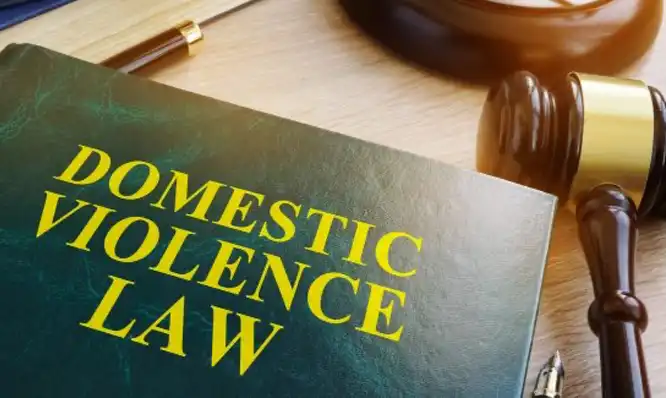
A domestic violence defense attorney will help you in multiple ways. First, experienced domestic violence defense attorneys answer your questions and give you advice. Many defendants have no experience with the criminal justice system, and conversations with their attorneys eliminate uncertainty and emphasize the most reasonable strategy to resolving the case favorably. An experienced domestic violence defense attorney should take some of the pressure off of the defendant because he or she is handling all of the details.
Additionally, defense lawyers will negotiate with the prosecutor on your behalf. A well-respected lawyer who has a good relationship with the District Attorney’s Office can work to negotiate an agreement on your behalf. An agreement with the prosecutor will eliminate the uncertainty in your case because both parties have come to terms on how to handle the case. Agreements can include dismissals if the defendant complies with certain conditions. Courts usually call this type of an agreement a deferral. Essentially, the defendant agrees to do something in exchange for a dismissal, and the prosecution is deferred or put on hold while the defendant demonstrates his compliance. See below for more information on the details of common domestic violence deferral agreements in Wake County, North Carolina.
If the defense attorney and the prosecution cannot reach an agreement on how to resolve the case, then the case likely will go to trial. At a trial, the difference between a good and a great defense attorney often becomes clear. Domestic violence cases frequently involve a direct conflict between the testimony of the alleged victim and the testimony of the defendant. As a result, the credibility of these two witnesses dictates the outcome of the case. An experienced domestic violence defense attorney will undermine the credibility of the alleged victim by pointing out issues such as potential bias and inconsistent statements. If your domestic violence case is going to trial, make sure you have an attorney you can trust. Call us today for a free initial consultation.
How are domestic violence cases usually resolved in Wake County, North Carolina courts?
Domestic violence attorneys generally resolve their clients’ cases in one of four different ways. First, in many cases, if the alleged victim does not appear in court three times, the prosecutor will dismiss the case.
Second, the defense and the prosecution agree that the defendant will complete a deferred prosecution. A domestic violence deferral most frequently involves an admission of guilt, an agreement not to contact the victim, an agreement to not expunge the case for a period of time, and an agreement to complete an abuser treatment program. The terms of the agreement are up for negotiation though. For example, the victim may want to have contact with the Defendant, in which case the court would replace the no contact provision with a provision to not harass, assault, or threaten the victim. Additionally, instead of the costly and time-consuming abuser treatment program, agreements may focus on anger management or substance abuse treatment. Overall, if the defendant successfully completes the terms of the agreement, the prosecutor will dismiss the case.
The third way that domestic violence defense attorneys resolve cases in Wake County, North Carolina is through a plea. If the severity of the offense or the defendant’s record preclude the prosecutor from offering a deferral, the prosecutor typically will make an offer to plead guilty and avoid jail or prison time. In these circumstances, the defense and the prosecutor generally will agree to a period of supervised probation, usually twelve, eighteen, or twenty-four months. During the period of probation, the defendant will have to comply with many of the terms common to deferral agreements, such as no contact and abuser treatment. In some particularly serious cases, the defense and the prosecutor may attempt to negotiate a jail or prison sentence. Once the negotiation is completed, the defendant decides, based on his attorney’s advice, whether to accept the prosecutor’s offer.
If the defense and the prosecution cannot come to terms on an agreement, then the case will go to trial. In , this trial occurs in front of a judge in district court initially. In , the trial takes place in from of a superior court judge or a jury, depending on the defendant’s preference. At a trial, experienced domestic violence defense attorneys will cross-examine witnesses and argue in an effort to obtain a not guilty verdict. Please call Chris today to set up a consultation and receive information about how Chris sees your case playing out in court. Call Detwiler Law today at (919) 526-7545 or fill out the form below to schedule your consultation.

Contact Your Raleigh, NC Domestic Violence Attorney
"*" indicates required fields
